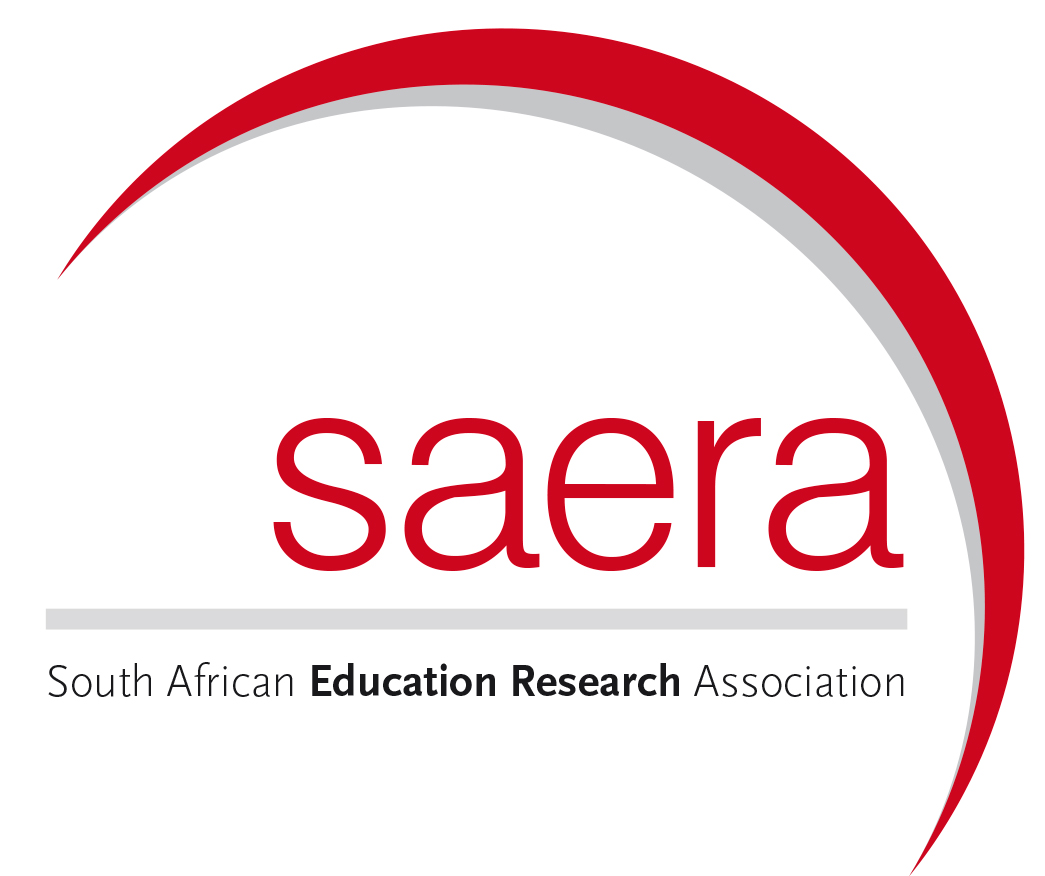Original Research
Black Feminist Killjoy Reading Group: Informal reading groups as spaces for epistemic becoming
Submitted: 08 September 2021 | Published: 08 June 2022
About the author(s)
Sharlene Khan, Department of Fine Arts, Wits School of Arts, University of the Witwatersrand, Johannesburg, South AfricaFouad Asfour, Department of Fine Arts, Wits School of Arts, University of the Witwatersrand, Johannesburg, South Africa
Zodwa Skeyi-Tutani, Department of Fine Arts, Wits School of Arts, University of the Witwatersrand, Johannesburg, South Africa
Abstract
Background: This article explores the dynamics of the Black Feminist Killjoy Reading Group (BFK) of the Rhodes University Fine Art Department and the Wits University Fine Art Department, as a space of black-African feminist care for participants. It reflects on the motivation to create the group, examines methodologies employed by the facilitators, and how BFK was experienced by the killjoys that joined.
Aim: The article aims to exemplify how the BFK provided a space for women-of-colour to connect with theoretical texts and to own them. It argues for the importance of reading / writing and support groups for students-of-colour in academic institutions.
Setting: The article studies reading groups that were offered in two South African universities – Rhodes University and the University of the Witwatersrand – between 2016 and 2019.
Methods: The article uses a range of qualitative methodologies including analysis of solicited anonymous online questionnaires, WhatsApp voice-notes sent in response to questions, as well as auto-ethnographic reflective pieces by the authors (all premised on an understanding of continuing to maintain a dialogue with Black Feminist Killjoy participants).
Results: Using both black-African feminist theories in dialogue with responses from the Black Feminist Killjoy Reading Group, the article outlines aspects that ought to be considered in conceptualising reading and writing support groups in Higher Education and the relevance of extra-curricular activities in academic contexts for creating holistic communities and academic citizenry. It also exemplifies how black-African feminist theories can be transformative for students who feel it captures their lived experiences.
Conclusion: The article concludes that reading groups, as supportive identitarian spaces, are crucial in the formation of scholarly identities as these assist students in ‘epistemic becoming’ through processes of familarising themselves with theories and epistemologies, establishing black-African feminist intimacy and building diverse communities, permitting difference, debate and discomfort.
Keywords
Metrics
Total abstract views: 2413Total article views: 2168
Crossref Citations
1. Like our foremothers survived: Self-education, direct confrontation, and humor as resistance coping in Black womxn and femme college student being
LeAnna T. Luney
Frontiers in Education vol: 7 year: 2022
doi: 10.3389/feduc.2022.932387
